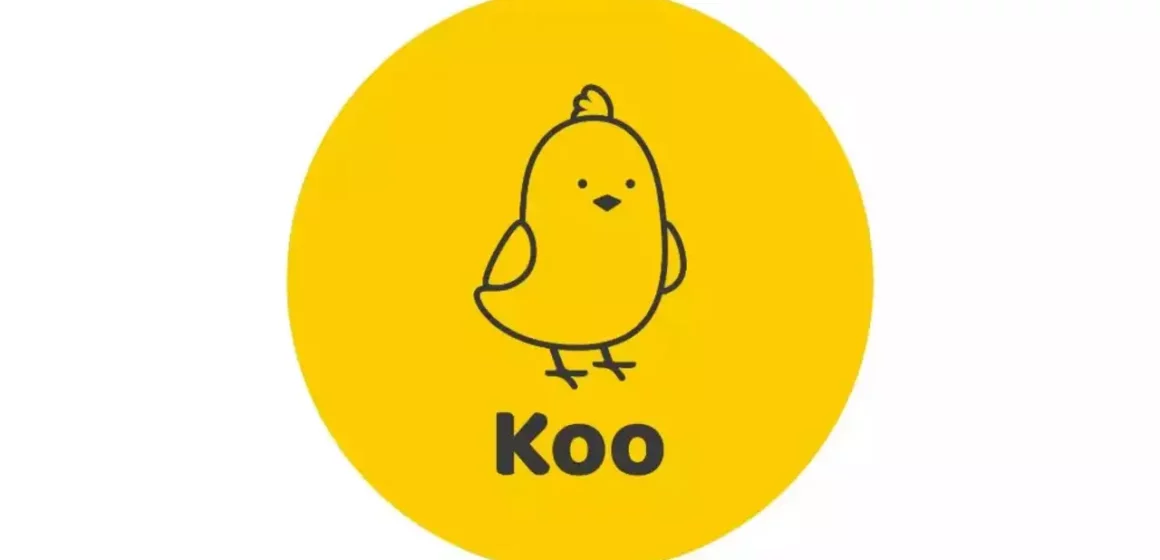Insights into Startup Challenges and Lessons Learned
In the realm of social media platforms, Koo emerged in 2020 as a promising contender, positioned as India’s indigenous alternative to Twitter. Founded by Aprameya Radhakrishnan and Mayank Bidawatka, Koo quickly gained momentum, drawing attention with its focus on facilitating microblogging in Indian languages.
Early Success and Growth
Koo experienced a surge in popularity, reaching a peak of 2.1 million daily active users. Its success was bolstered by endorsements from influential figures such as Union ministers Piyush Goyal and Ravi Shankar Prasad, contributing to its rapid user acquisition. Supported by investments from Tiger Global and Accel, Koo was valued at $274 million by 2022, reflecting investor confidence in its potential to compete with global social media giants.
Financial Challenges and Strategic Shifts
Despite its initial traction, Koo faced significant challenges in monetizing its user base effectively. The platform struggled to convert user engagement into sustainable revenue streams, a critical hurdle in its path to long-term viability. In response to mounting financial pressures exacerbated by a global funding downturn, Koo implemented stringent cost-cutting measures. This included a reduction in workforce by about 30% in an effort to streamline operations and conserve cash reserves.
Failed Acquisition Attempts and Closure
In an attempt to secure its financial future, Koo pursued talks with several media houses and internet companies for a potential acquisition. However, these discussions failed to materialize into a viable partnership, largely due to concerns over managing user-generated content and the volatile nature of the social media landscape. Additionally, the high operational costs associated with maintaining a robust technology infrastructure for a social media platform further strained Koo’s financial resources. Ultimately, faced with unsustainable financial burdens, Koo made the difficult decision to cease its operations.
Lessons Learned and Industry Reflections
Koo’s rise and subsequent closure offer valuable insights into the challenges and complexities of scaling a startup in the competitive tech industry. The platform’s journey underscores the critical importance of developing a sustainable business model early on and effectively navigating the evolving digital landscape. Koo’s experience serves as a cautionary tale for startups, highlighting the necessity of prudent financial management, resilient growth strategies, and adaptive business practices.
Impact on Digital Entrepreneurship
The closure of Koo marks a significant moment in India’s startup ecosystem, prompting reflection on the factors contributing to its rise and fall. As entrepreneurs and investors assess the implications of Koo’s journey, key takeaways emerge regarding the importance of innovation, market readiness, and strategic alignment with industry dynamics. While Koo’s closure signifies the end of a chapter, it also sparks conversations about the resilience and adaptability required to thrive in today’s rapidly evolving digital economy.
Koo’s trajectory from promising startup to eventual closure illustrates the highs and lows inherent in the pursuit of innovation and growth in the tech industry. As the startup landscape continues to evolve, Koo’s story serves as a compelling narrative of ambition, challenges, and the invaluable lessons learned along the way. While its journey may have ended prematurely, the legacy of Koo resonates as a testament to the transformative potential and enduring complexities of building and sustaining a successful startup in a competitive global market.

